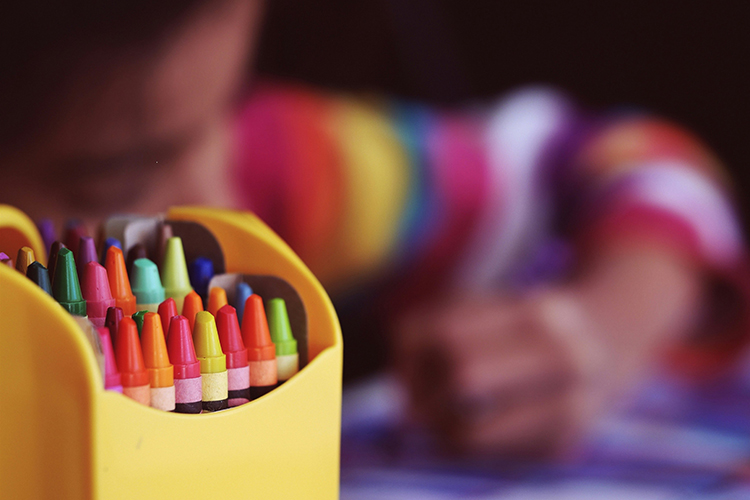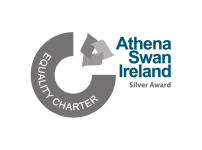Children’s School Lives: Primary school kids express strong sense of fairness and equality for migrants and minorities
14 May 2025

Ireland’s first in-depth study of primary schools, Children’s School Lives provides a picture into the lives of thousands of students nationwide Credit: Aaron Burden
Most children in Irish primary schools show a strong sense of fairness and equality when it comes to immigration and ethnicity, according to the (opens in a new window)latest Children’s School Lives report.
Providing a nuanced picture of school life for over 4,000 students across 189 primary schools nationwide, the landmark study found most children agreed that ‘it is important that people were treated fairly’, irrespective of migrant background, and that ‘people who are not from Ireland are just as important as everyone else’.
Despite these positive statements, the report noted there remains significant challenges for children from immigrant and minority ethnic backgrounds, particularly in terms of bullying and belonging.
Commissioned by the National Council for Curriculum and Assessment (NCCA), and led by (opens in a new window)Professor Dympna Devine and (opens in a new window)Associate Professor Seaneen Sloan, and Assistant Professors (opens in a new window)Gabriela Martinez Sainz and (opens in a new window)Olga Ioannidou, UCD School of Education, the CSL study aims to learn directly from children as they progress from junior infants to sixth class.
Ireland’s first in-depth study of primary schools, this is its third in its series on equalities in children’s school lives.
New CSL Report Published!
— NCCA (@NCCAie) (opens in a new window)May 13, 2025
CSL Report 8c: Migration and Ethnicity in Children’s School Lives is now available. This report explores how migration and ethnicity shape primary school experiences in Ireland, with a special spotlight on Traveller children.
Read the full report… (opens in a new window)pic.twitter.com/lQO1VILoGQ
This latest report explores the impact of migration and ethnicity on children’s daily school experiences.
Overall, it presents a broadly encouraging view of how migrant children view education in Ireland but highlights areas where improvements are needed to ensure all students feel safe, accepted, and supported.
It found that some 21% of children surveyed came from an immigrant background – with 6% being first-generation, born outside Ireland to non-Irish-born parents, and 15% are second-generation, born in Ireland to non-Irish-born parents.
While most children, regardless of background, report positive feelings about school, first-generation immigrant children were more likely to experience bullying and less likely to say they make friends easily, feel like they belong, or feel liked by peers.
Despite these challenges, immigrant children generally report strong academic self-esteem. When asked about their aspirations, 68% of second-generation immigrant children said they hope to attend college or university.
This is compared to 64% of children with no immigrant background and 59% of first-generation migrants.
The report also sheds light on the experiences of Traveller children in the education system.
While younger Traveller children often express similar or even higher levels of engagement and wellbeing compared to their peers, their experiences become more negative as they progress through the school system, particularly from second to sixth class.
"The report highlights the ambition and hunger for learning among children of immigrant background as well as the difference primary schools make to their positive settlement in Irish society," said Professor Devine, CSL Principal Investigator.
"We need to remain attentive to the challenges some face and ensure schools and educators are fully supported in doing so.”
By: David Kearns, Digital Journalist / Media Officer, UCD University Relations (with materials from UCD Research and Innovation)
To contact the UCD News & Content Team, email: newsdesk@ucd.ie







